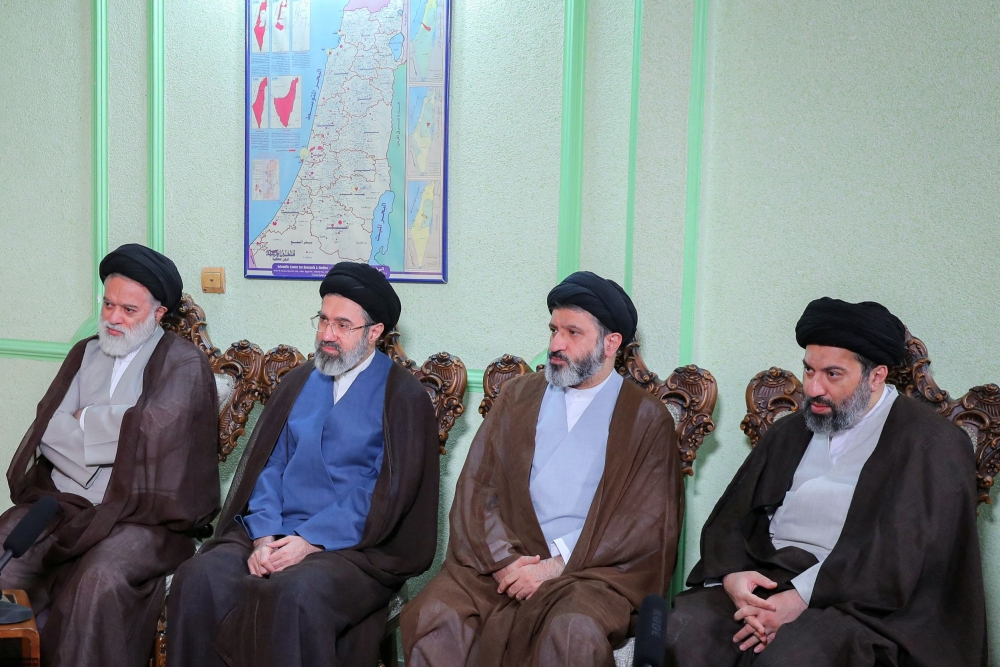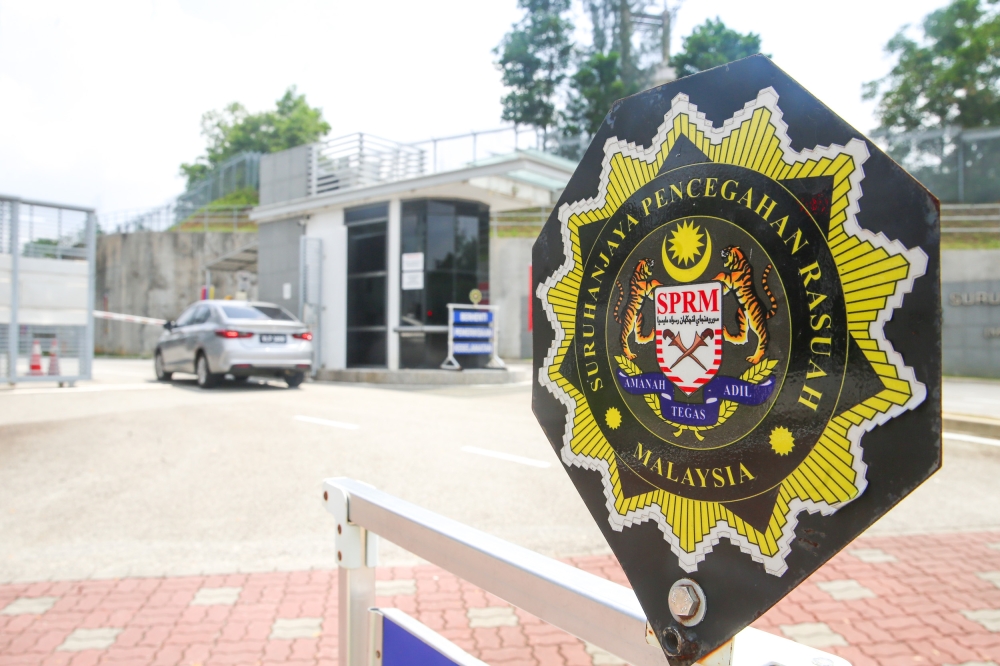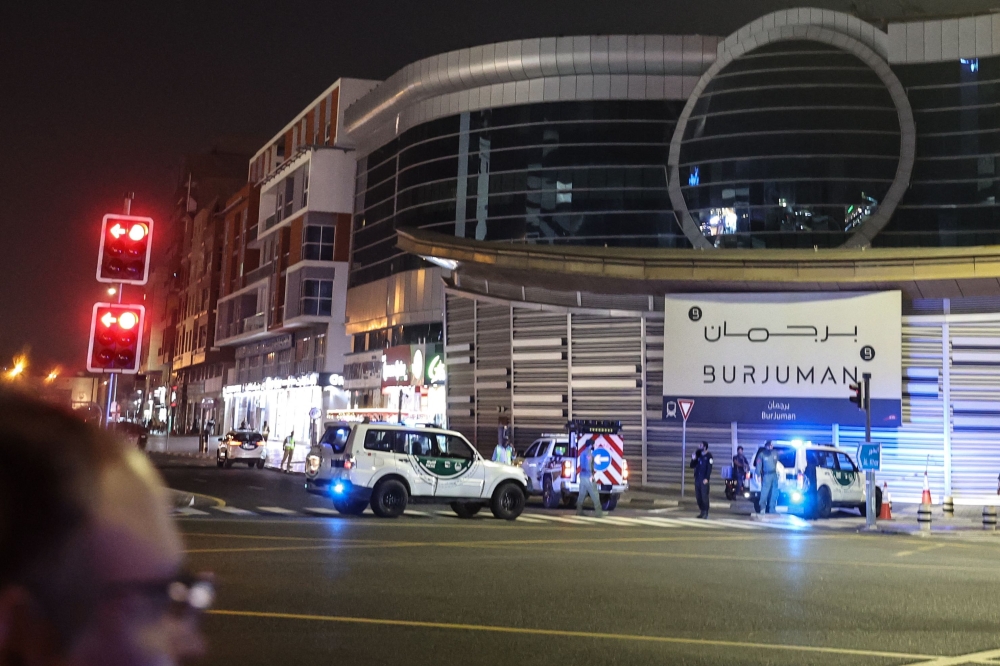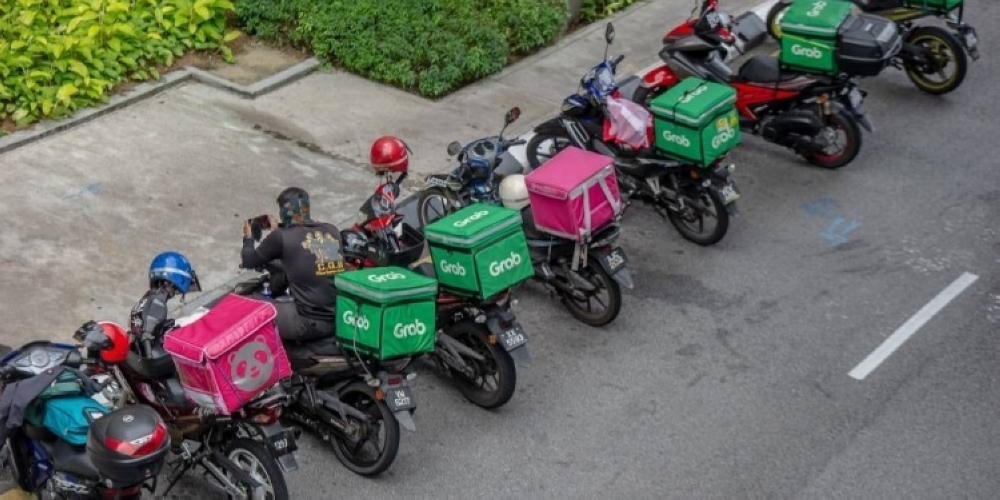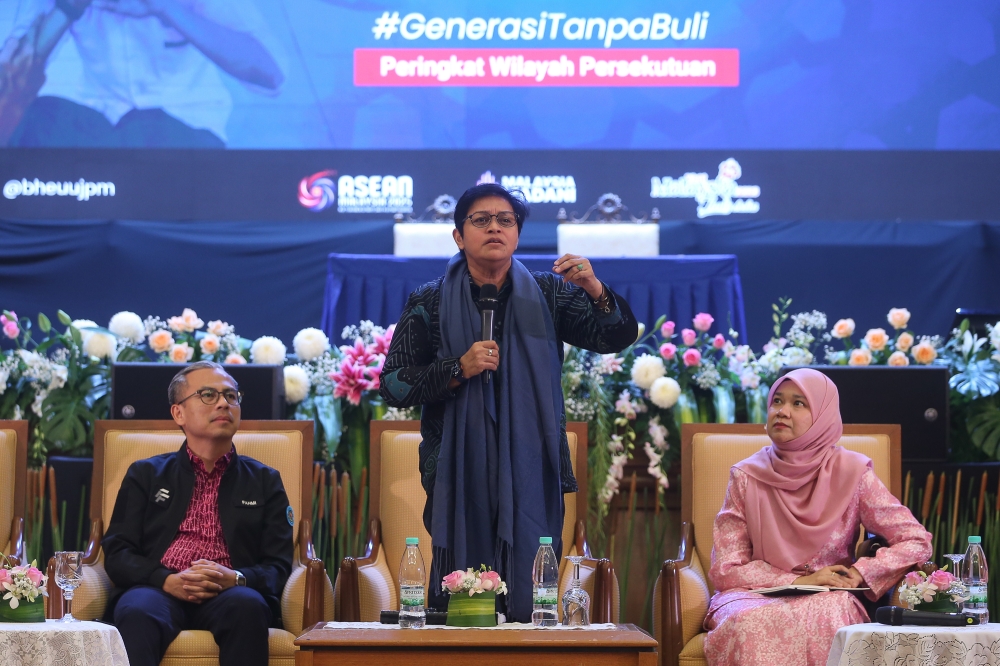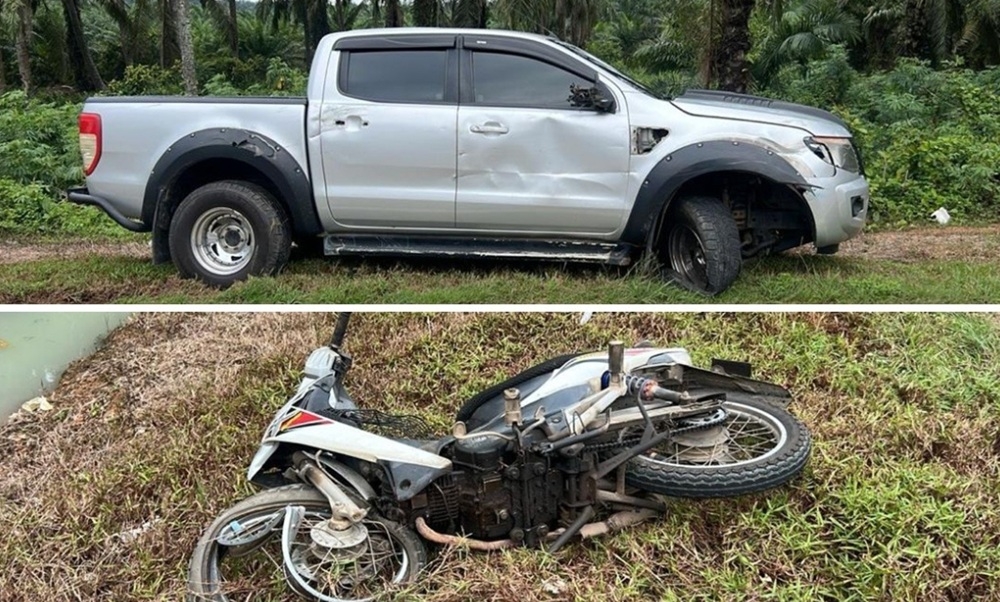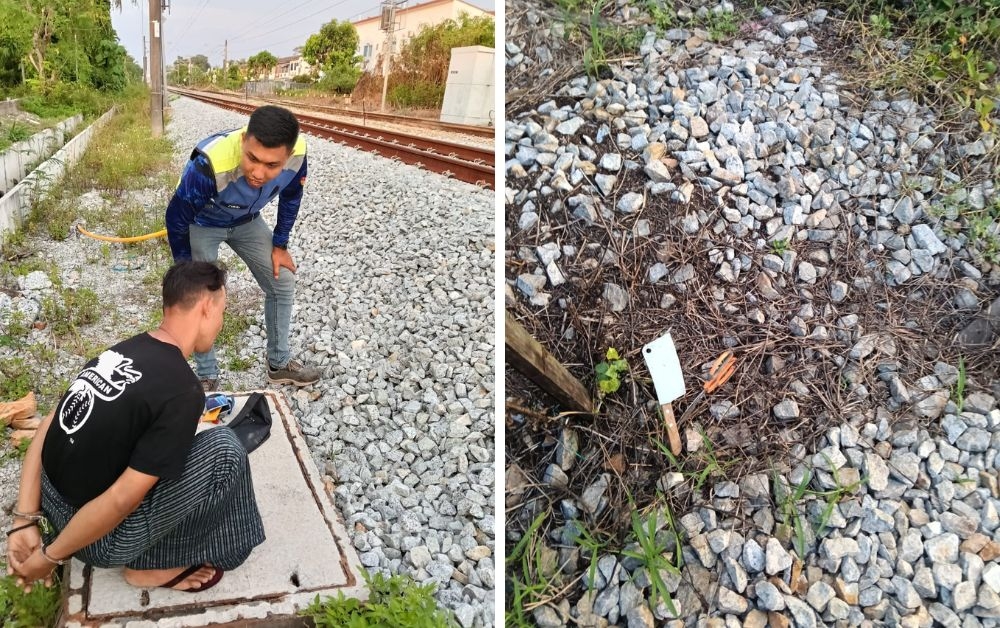KUALA LUMPUR, Dec 5 — The setting up of the Malaysian Gig Economy Commission needs to be expedited to protect the industry ecosystem and welfare of youth who form the majority of those in the sector, Senator Datuk Aziz Ariffin said today.
He expressed his confidence in government efforts and its commitment in resolving issues faced by the industry, including championing youths working in the industry.
“Youths today are inclined to work in the gig economy because of the flexible hours, job options and not having to work under pressure or instruction from any party.
“At the same time, various problems can occur in the gig economy ecosystem, like wages that don’t commensurate, on top of the lack of insurance, and the cost of repairs to their vehicles should they be involved in any accidents. How long will the gig economy last, so the setting up of the commission needs to be quick,” he said while debating the Supply Bill 2024 at the Dewan Negara today.
He added that the number of Sijil Pelajaran Malaysia (SPM) leavers who do not further their studies had risen since 2020 and it had a serious implication on individual development and the country, with the potential of brain drain.
“Statistics from the Student Career e-Profile System show that 35.16 per cent, or 115,939 SPM leavers in 2022 and 48.7 per cent or 180,680 SPM leavers in 2021 did not further their studies.
“The Statistics Department estimates that if the trend remains at 40 per cent, the country will lose out on 40 per cent of its skilled workers as the number of highly skilled workers depend on the number of youths who further their studies, whether academically or skills-wise, to ensure the country’s productivity,” he said.
Aziz said there were concerns that the trend of not furthering studies after SPM could give rise to a less educated generation that lacked skills, an unhealthy situation for a developing country like Malaysia, and that the government needed to and address it so that it did not continue.
Human Resources Minister V Sivakumar had said in November that the government did not plan to set up the commission as it would overlap with existing committees, including the Digital Economy and National Industrial Revolution 4.0 Council and the Sharing Economy Committee.
Meanwhile, Senator Amir Md Ghazali asked the government to monitor the development of hotels, homestays and resorts in agricultural areas as it could affect the ecosystem of agricultural land.
Authorities should strictly monitor such projects to ensure that the ecosystem of such areas remain unaffected so that rice production was not affected by the rapid development, Amir said.
“I fear if development carries on without taking other negative factors, there is a possibility of adversely affecting the rice fields due to sewage disposal from such accommodation,” he added.
Amir said such projects, which are rampant in rice-planting states, are very disconcerting and the relevant ministry should be aware of the issue. — Bernama









